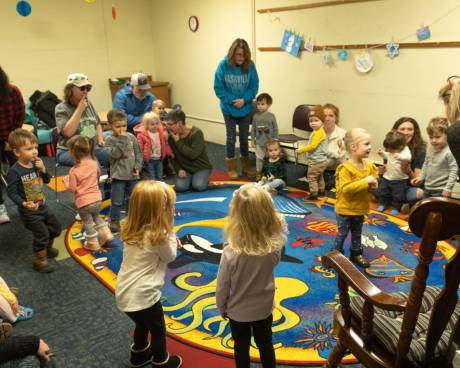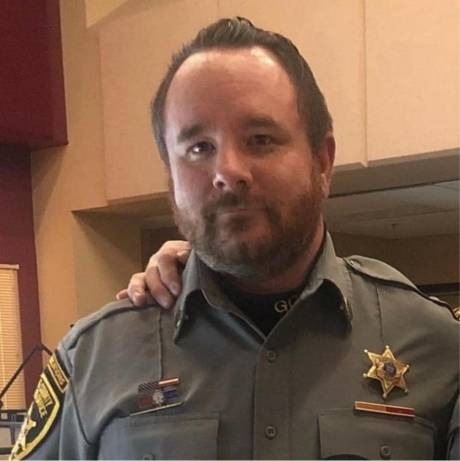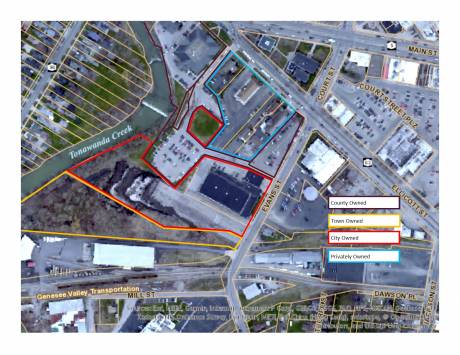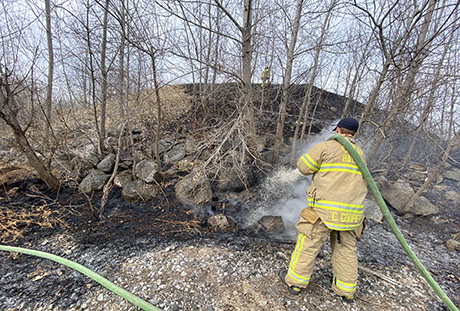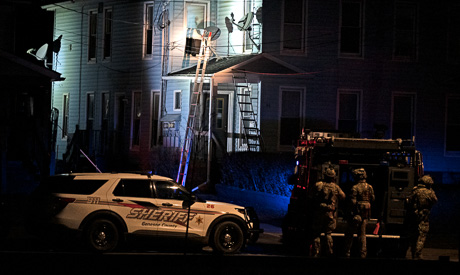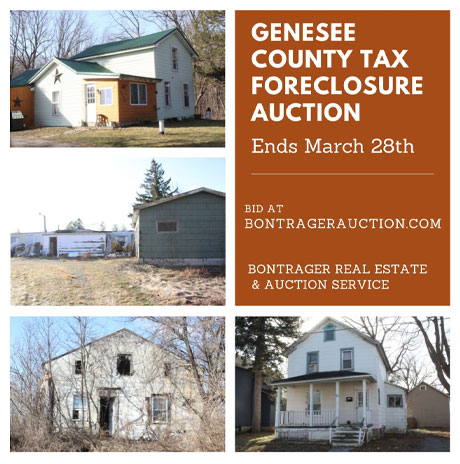Batavia City School board members unanimously approved nearly $36,000 in settlement funds Monday from a lawsuit in which the district claimed injury, malice, oppression and fraud against Juul Labs.
As The Batavian first reported on March 7, the city school district was one of 143 districts involved in the lawsuit against the makers of the popular vaping products, alleging that the company “fraudulently and intentionally marketed” its products to children and that those products caused numerous health, financial and structural damages to the district and students.
According to lawsuit documents, the district has had to hire additional personnel, including the second school resource officer, divert current personnel to retain students on campus when possible, purchase extra equipment and supplies, repair damages, and deal with behavioral issues.
The expected proceeds were going to be invested into the city district’s “preventative and restorative” program called Vape University, Superintendent Jason Smith said. Operated at the high school, Vape U is a pilot program geared toward helping students with positive replacement behaviors for vaping.
“I will be meeting with staff in the coming weeks to discuss expanding the program,” Smith said Monday night.
High School Principal Paul Kesler said school leaders are hoping that parents “will reach out to us if they have concerns with their child vaping, so we can proactively help students before they would be caught vaping at school.”
During Monday’s meeting, high school leaders gave a brief overview of the university concept. Omar Hussain, high school assistant principal, noted that taking disciplinary action “without the restorative piece” was not found to be the most effective way to help students caught vaping on campus.
A program has been set up for every Thursday, based on referrals and a student survey, to provide education and mini-counseling sessions to help students deal with and eliminate those behaviors. So far, it seems to have helped, at least with on-site incidents.
"We haven’t had any repeats,” he said.
The settlement’s intent is to provide resources for schools to fund future expenses such as the cost of installing vape detectors in district bathrooms, hiring additional staff to supervise vaping areas on campus, hiring additional counselors to deal with what the plaintiff attorneys cited as well-documented social and emotional issues associated with nicotine addiction, and developing and operating educational programs about the harms of vaping.
In the 287-page lawsuit, filed in the U.S. District Court, Northern District of California, there are several paragraphs listing the ill effects of vaping and the alleged motives behind them. In one section, “JLI (Juul Labs Inc.) distinguishes itself, and established the patentability of its e-liquids, by reference to their superlative ability to deliver nicotine, both in terms of peak blood concentration and total nicotine delivery.
The rate of nicotine absorption is key to providing users with the nicotine “kick” that drives addiction and abuse. Because nicotine yield is strongly correlated with tobacco consumption, a JUUL pod with more nicotine will strongly correlate with higher rates of consumption of JUUL pods, generating more revenue for JUUL,” the plaintiff’s experts state.
“For example, a historic cigarette industry study that looked at smoker employees found that ‘the number of cigarettes the employees smoked per day was directly correlated to the nicotine levels.’ In essence, JLI distinguished itself based on its e-liquids’ extraordinary potential to addict.”
Another study, the case states, “corroborates the key result of the Phase 0 study that the 4 percent benzoate solution delivers more nicotine than a combustible cigarette. The Reilly study tested JUUL’s tobacco, crème brûlée, fruit medley, and mint flavors and found that a puff of JUUL delivered 164 ± 41 micrograms of nicotine per 75 mL puff,” it states.
“By comparison, a 2014 study using larger 100 mL puffs found that a Marlboro cigarette delivered 152-193 μg/puff. Correcting to account for the different puff sizes between these two studies, this suggests that, at 75 mL/puff, a Marlboro would deliver about 114-145 μg/puff. In other words, the Reilly study suggests that JUUL delivers more nicotine per puff than a Marlboro cigarette.”
To boil this down in layman’s terms, it would seem that if kids think they’re escaping the bad effects of nicotine by vaping, they are actually reaping nicotine rather high levels found in regular cigarettes, according to these studies. And the stronger the nicotine, the greater the pull for more, and the more likely an addiction forms.
Smith agrees with the negative impacts that vaping can have on students.
“We sadly have students that vape, and of course, it is detrimental to their overall health and well-being,” he said. “This lawsuit represented an opportunity for the District to perhaps ‘right some wrongs’ on behalf of our students.”
Another discovery made by Juul’s own scientists in 2014 was that the amount of nicotine in its e-cigarettes delivered could be problematic, as scientists were concerned that “a Juul—unlike a cigarette—never burns out.” So the device gives no signal to the user to stop.
According to one source cited in the case, scientists “didn’t want to introduce a new product with stronger addictive power,” but upper management rejected the concerns that the scientists raised, and “[t]he company never produced an e-cigarette that limited nicotine intake.”
The defendants were found guilty of several infractions, including gross negligence, malice, and breach of duty. As a foreseeable consequence, “plaintiff has suffered and will continue to suffer direct and consequential economic and other injuries as a result of dealing with the e-cigarette epidemic in plaintiff’s schools, including but not limited to:
- Discipline and suspensions related to incidents of e-cigarette use in Plaintiff’s schools have increased at alarming rates;
- Because of the alarming rise of discipline and suspensions associated with student e-cigarette use, Plaintiff has devoted and diverted staff resources to develop a diversion program so as to allow students who are caught using e-cigarettes to remain in school and in class where possible;
- Plaintiff has had to close certain school restrooms to deter the use of e-cigarette devices;
- Because many students who do not engage in e-cigarette activities do not wish to use the school restrooms even to wash their hands, Plaintiff has rented multiple portable hand-washing stations that have been placed outside of restrooms in an effort to maintain student hygiene and prevent the spread of disease;
- Students in Plaintiff’s schools have openly charged e-cigarette devices in classrooms, causing disruption and diverting staff resources away from classroom instruction;
- Students in Plaintiff’s schools, addicted to nicotine, have demonstrated anxious, distracted and acting out behaviors, causing disruption and diverting staff resources away from classroom instruction and requiring additional time and attention for addicted students;
- Plaintiff has had to devote and divert staff resources to intervening in student e-cigarette activities and coordinating necessary follow-up;
- Plaintiff has had to devote and divert staff resources to conduct staff training on e-cigarette use;
- Plaintiff has had to devote and divert staff resources to deploying student, family and parent-teacher education regarding the dangers of e-cigarette products;
- Plaintiff has had to add an additional high-school vice principal to address issues related to student e-cigarette use;
- Plaintiff has had to add additional school resource officer (SRO) personnel to focus on deterring and preventing student e-cigarette use.
- Plaintiff has had to devote additional middle school guidance counseling resources to address issues related to student e-cigarette use;
- Plaintiff has had to acquire and install numerous additional security cameras on its premises to deter e-cigarette activity;
- Plaintiff has had to install additional signage on district premises to deter e-cigarette activity; and
- Expending, diverting and increasing resources to make physical changes to schools and/or address property damage in schools.
When asked about the negative impacts of vaping for the March 7 story, Smith did not respond with any specifics.
Photo: Stock image.

